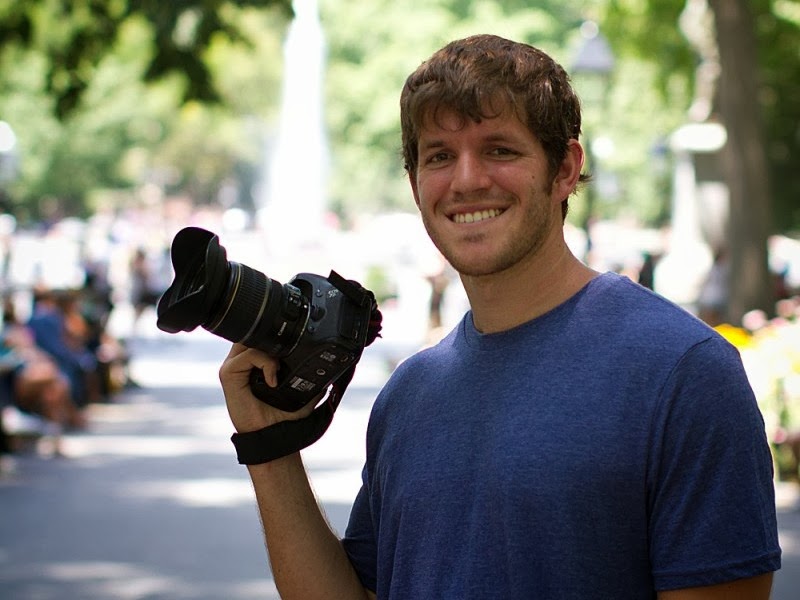 |
| Ellen Jacobs Photography |
The author told a personal story in one of her posts of a time when two of her relatives, one white and one colored, took their newborn niece with them to lunch. The women were approached by a fellow patron of the restaurant: a 3-year old girl. The little girl turned to the colored women and quickly asked "Are you her babysitter."
What the blogger found interesting, as do I, was the fact that the small child was so used to seeing women of color caring for a child that it comes naturally for her to assume that the colored women was the hired help to the white women, and not the other way around. The author claims that this is due to the "global assumption that women of color are the caretakers of White children." It now seemed to me that this phenomenon existed outside of my community, and this blogger went even further in claiming that this is a global assumption.
For me, this recalled the movie "The Help." Which looked at the dynamic of African-American nannies in the south during the early 1960's. A similar dynamic which I observed driving to school the other day, "Ms. Melting Pot" observed through a personal experience, and that New York City photographer Ellen Jacobs captured through her recent photo series (one is shown here) "Black Nannies/White Children."
I would make the argument that as far as locally and nationally, this phenomenon of colored nannies and white children exits, although I am unsure about the global aspect. Do you agree?



